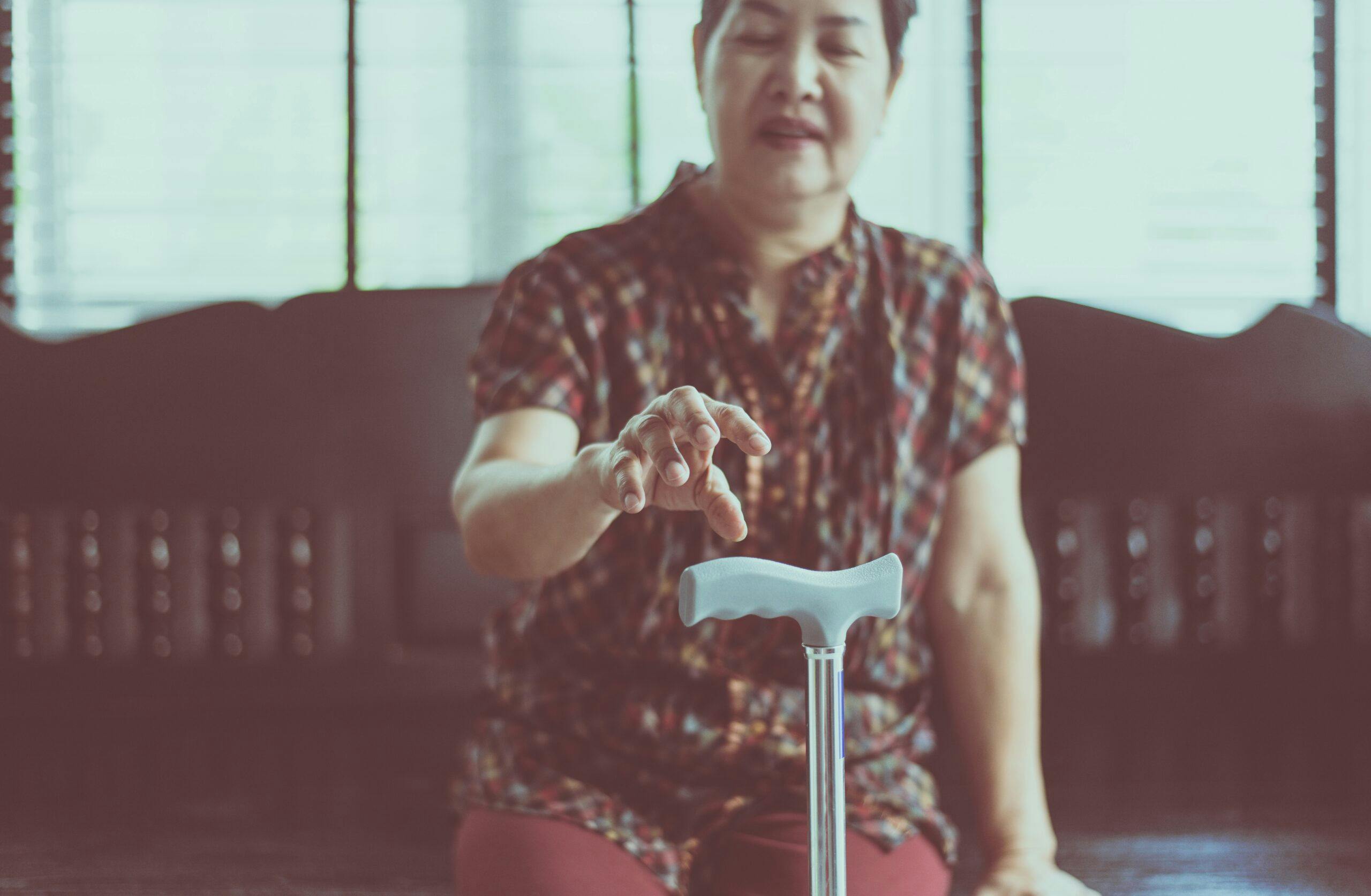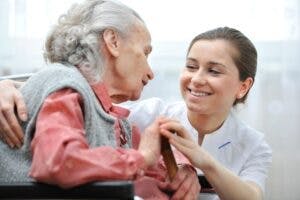How Can a Caregiver Help Someone Who Suffers from Parkinson’s?

In-home care is best defined as the act of hiring a professional caregiver to take care of an individual that needs assistance.

This care is performed in the home of the patient, as the goal is to keep them comfortable and happy in a familiar environment. In-home caregivers are often brought into a situation that is sensitive and emotional, as the individual receiving care may have been diagnosed with an illness or is aging rapidly.
If an individual has Parkinson’s Disease, he or she may need the assistance of an in-home caregiver in order to carry out their daily functions and tasks. Parkinson’s symptoms and side effectsoften leave the person feeling helpless, as though he or she can no longer care for themselves or their families. Caregivers are not only trained to care for individuals in a broad and general sense, but they can also be trained to handle specific situations regarding the diagnosis that the individual has been given.
When dealing with Parkinson’s disease, friends and family of the affected individual may feel as though they need to get them help to improve their quality of life. As the disease progresses, it is possible that the family employs the help of family caregivers, or people that are willing to take the time to care for their loved one with Parkinson’s. While this is a good short-term solution, the day to day pressures, obligations and responsibilities may become too much to handle while balancing their own personal life. While their intentions are pure and they wish to help their loved ones, he or she may need to turn to professional caregivers in order to help their loved one.
Professional caregivers can provide numerous services that can aid people with Parkinson’s and help improve their quality of life while living with this diagnosis.
Professional caregivers can help those with Parkinson’s in the following ways:
- Transportation assistance can help an individual affected by Parkinson’s get to and from their doctors’ appointments, run errands and stay active and social despite their diagnosis. Parkinson’s clients often stop driving due to the involuntary actions that their body makes and how dangerous it can be to allow a Parkinson’s patient behind the wheel. By hiring an in-home caregiver to help assist with transportation, life does not have to stop due to Parkinson’s.
- Medication reminders are a great way to ensure that an individual with Parkinson’s is keeping up with his or her prescribed care plan. It is not uncommon to have declining cognitive abilities or an increased risk of depression when dealing with a Parkinson’s diagnosis. When a dose of medication is missed, people with Parkinson’s may start to feel side effects and complications almost immediately, putting them at risk for a trip to the emergency room or a doctor’s office. Having a caregiver in the home can serve as a safe-guard so that the family feels confident their loved one will receive the proper dose of medication at the right time.
- Meal preparation assistance allows the individual living with Parkinson’s to take the guessing and the worry out of their next meal. When diagnosed with Parkinson’s, a patient is likely told to live a healthier life, including his or her diet. Eating healthy, nutritious and delicious food can be challenging, but cooking and preparing it can be even more difficult! A caregiver can give family, friends and clients peace of mind knowing that they will have a fresh, hot and Parkinson’s friendly meal on the table every day.
- Light housekeeping assistance gives the individual with Parkinson’s, as well as their family, the ability to live in a healthy and clean environment. Light housekeeping through the help of a caregiver can free up time that the Parkinson’s patient and their family can spend running errands, visiting with loved ones or simply taking time to relax and unwind.
- Seeking companionship through a caregiver can provide a sense of comradery that an individual with Parkinson’s may not feel on a daily basis. It can be difficult to seek out friendship and company with people that are not heavily impacted by their diagnosis. It is important to seek out unbiased companionship, especially if it seems as though Parkinson’s has taken over conversations and overall relationships.
- Respite care is best defined as bringing in a temporary professional in-home caregiver to replace the familial or primary caregivers that care for an individual with Parkinson’s. Respite care is a great option for familial caregivers that are starting to feel fatigued and burnt out from their daily tasks as a caregiver. By bringing in a professional caregiver to look after those living with Parkinson’s, the familial caregiver can take much needed time off to rest and recharge. This can be a general mood and morale booster to the family unit, as well as provide a sense of temporary relief for the primary caregiver.
As a family starts to get deeper into Parkinson’s Disease treatment, they may start to feel the impact of living with the disease and handling the complications that come from it. An in-home caregiver may be the right fit for families who are looking to have a dedicated care team that will work diligently to improved quality of life, ensure that they are abiding by their medical professionals prescribed care plan and their general health condition. An in-home caregiver for a Parkinson’s patient is a long term investment in their overall well-being and livelihood.

